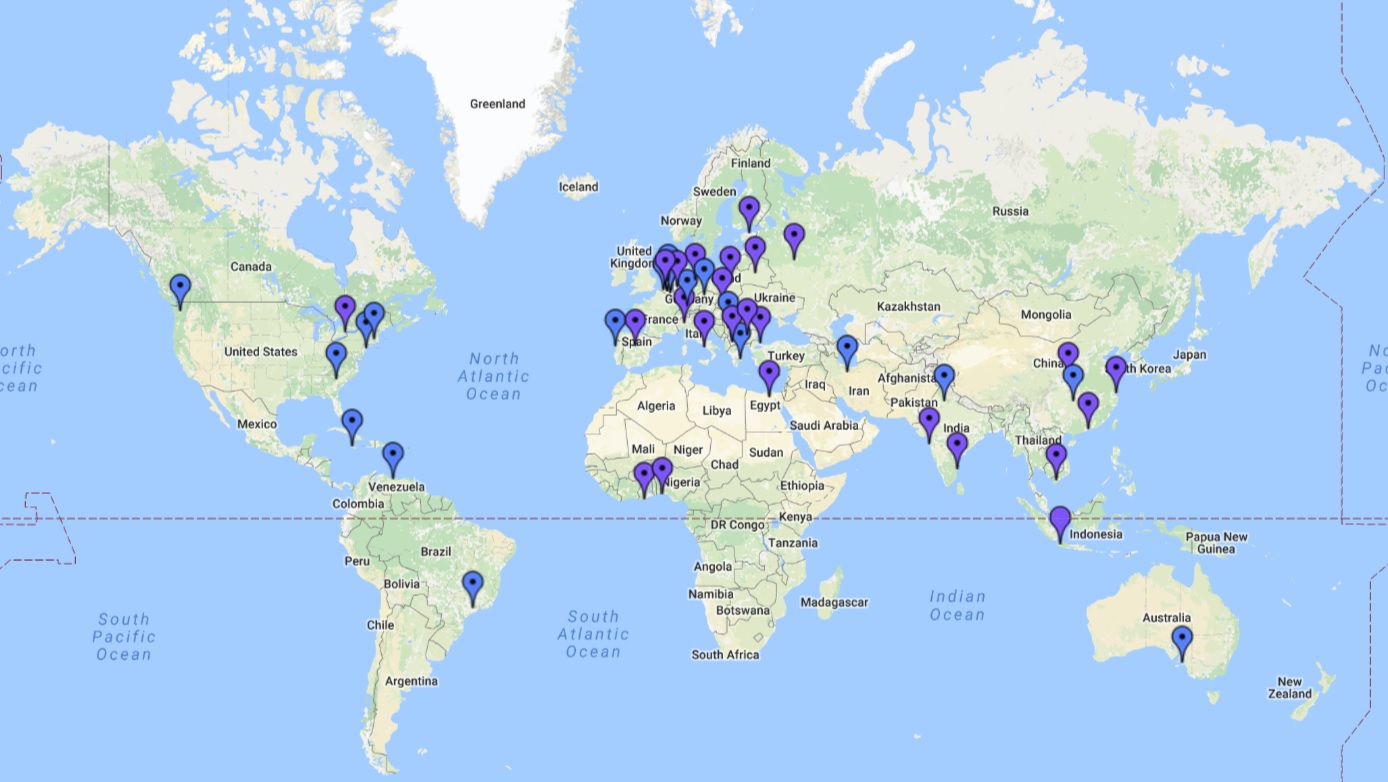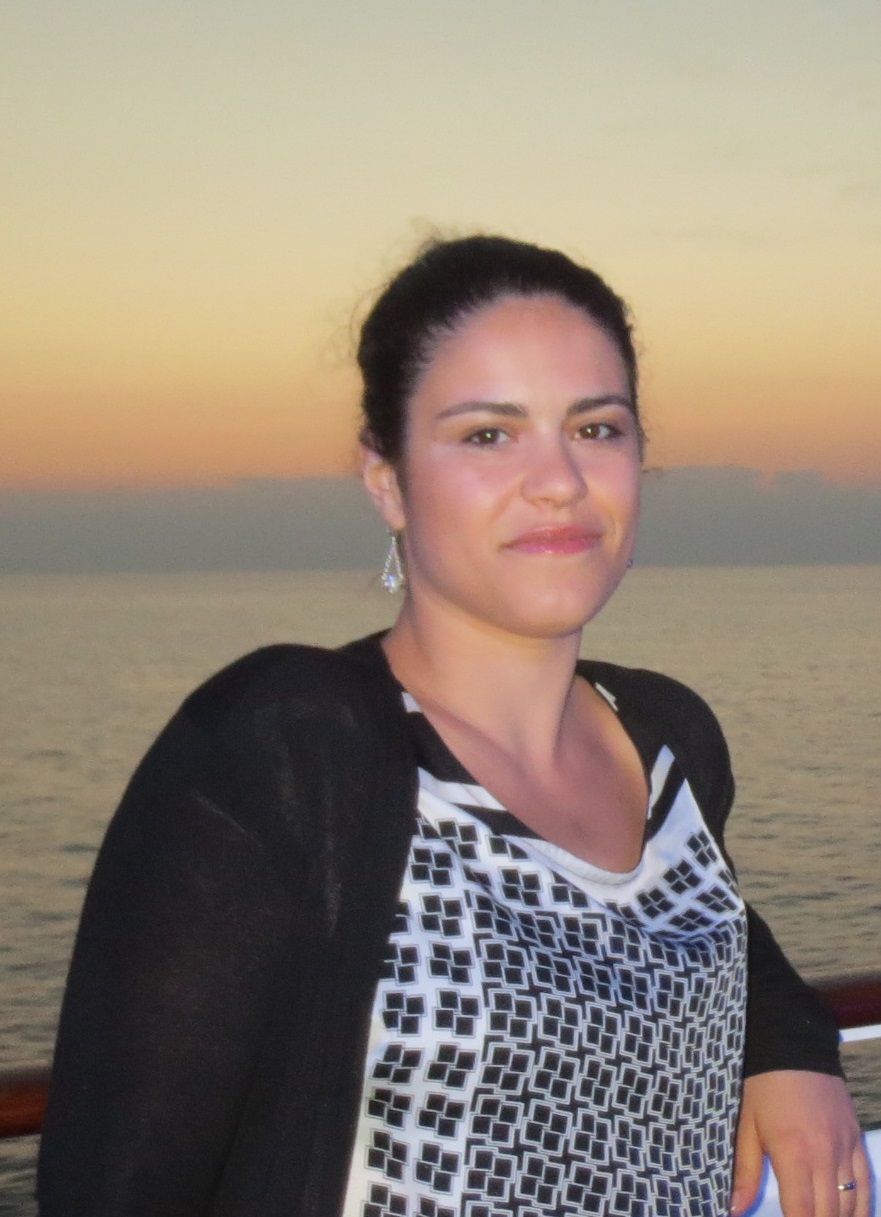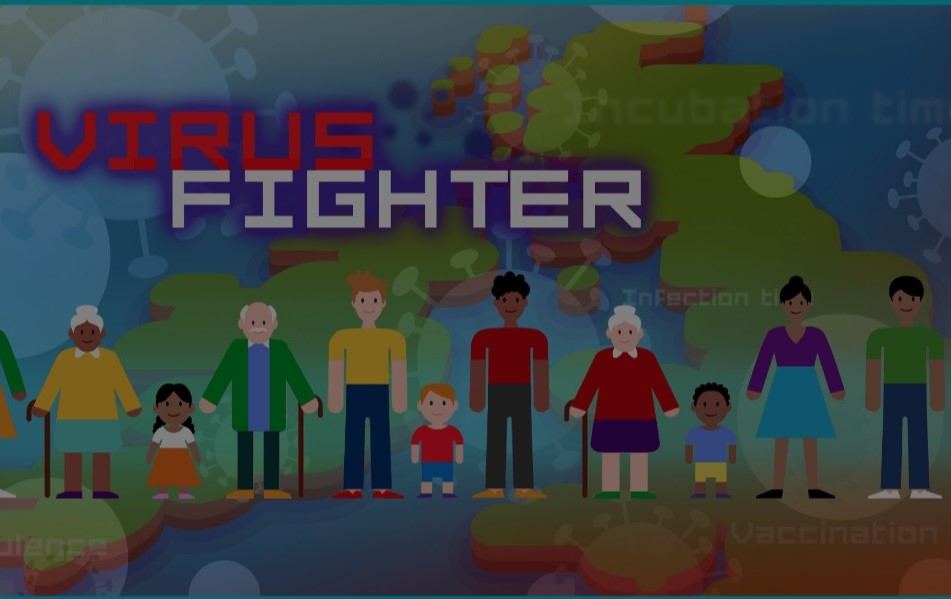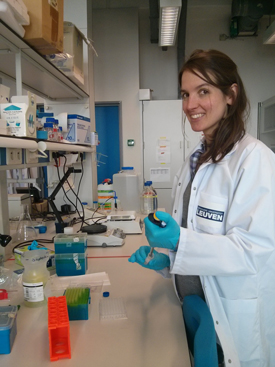This is a time when the international nature of science is under threat - from Brexit, Trump and war, the movement of scientists is being restricted, and with it the scientific advantages of 'brain circulation'.
Just how international an endeavour is science? At the moment, our lab has 21 researchers: 12 are international (from 12 different countries) and 9 are Belgian.
Over the past 8 years, our lab has trained 113 young scientists. 52 have been Belgian, 61 have been international (31 from the EU, 30 from outside the EU, from 32 nationalities). Belgium has benefited from this international talent, our researchers benefited from being trained here, and the country of origin benefits from the additional training they receive. Immigration is a win-win!

While I am discussing demographics, it is worth noting that 65% of my trainees have been women, so if any departments are struggling to hire female Professors just ask - there are lots of amazing women coming out of my lab.
 Wednesday, June 28, 2017 at 6:53PM
Wednesday, June 28, 2017 at 6:53PM  Dr Emanuela Pasciuto was successful in obtaining a highly competitive FWO post-doctoral fellowship to continue her neuroimmunology research in our laboratory.
Dr Emanuela Pasciuto was successful in obtaining a highly competitive FWO post-doctoral fellowship to continue her neuroimmunology research in our laboratory. Liston lab,
Liston lab,  women in science
women in science 








